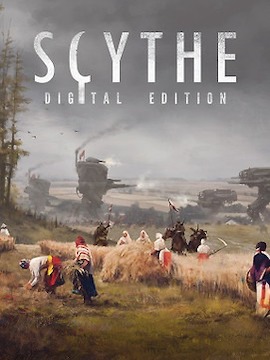
Brand
- Result 846
- Routledge 683
- Analog Devices 260
- XPLOSIVEAPE 210
- MTP Products 146
- Prestigious Textiles 142
- Johnson & Johnson 124
- Maxim Integrated 89
- Binance 78
- CooperVision 62
- RS PRO 57
- StarTech.com 56
- TopVue 56
- Bourns 44
- Steam 44
- cocoon * 43
- Lascar 40
- Sealey 40
- Texas Instruments 40
- Playstation 39
- Bella 36
- FootJoy 36
- AWDis Just Hoods 34
- Murata Power Solutions 34
- Nobody's Child 33
- Apple 30
- CablesToGo 28
- Just Hoods 25
- Panasonic 25
- CRC Press 24
- Amphenol Advanced Sensors 22
- Broadcom 22
- M&S Collection 22
- Result Urban Outdoor Wear 21
- Troop London 21
- Focal Press 19
- SEGA 19
- Casio 18
- PayPal 18
- Routledge India 17
- Autodesk 16
- Siemens 16
- Xplosive Ape 16
- STMicroelectronics 15
- Brannan 14
- ELESA 14
- Life Essentials 14
- Polaroid 14
- Roblox 14
- Productivity Press 13
- Google Play 12
- Moon Magic 12
- Quadra 12
- WORK-GUARD by Result 12
- Energizer 11
- Gordon Measurement 11
- Kaspersky 11
- Startech 11
- Weidmuller 11
- Kübler 10
- Lego 10
- Maplin 10
- Microchip 10
- Team17 Digital Ltd 10
- Xerox 10
- Amazon 9
- BASEUS 9
- Devolver Digital 9
- Goobay 9
- SSt Sensing Limited 9
- Sensirion 9
- Star Labels 9
- Zoro Select 9
- Microsoft Store 8
- Omron 8
- Bethesda Softworks 7
- Daily Deals 7
- ESR 7
- Eurotech 7
- Liverpool FC 7
- Maroxe 7
- Nintendo eShop 7
- Oxford 7
- Phanteks 7
- Riot Games 7
- TE Connectivity 7
- Western Digital 7
- Xiaomi 7
- 2K 6
- Apollo Fire Detectors 6
- BagBase 6
- Duracell 6
- Electronic Arts 6
- Guilford Press 6
- Hygiplas 6
- IWTBAG 6
- LASER 6
- Microsoft 6
- Nikkai 6
- PowaKaddy 6
Colour
- Black 230
- black 192
- navy 97
- Navy Blue 83
- digital lavender 69
- red 68
- Red 62
- White 55
- Bottle Green 37
- white 37
Size
Gender
Merchant
- Zoro UK 944
- RS Components UK 824
- Routledge 771
- Workwear Supermarket 468
- K4G.COM 421
- Alensa.co.uk 266
- MyTrendyPhone.co.uk 241
- Xplosive Ape 226
- Erysta 224
- Your Stylish Home 142
- My-Deco-Shop 43
- Acorn Fire & Security 39
- Marks & Spencer UK 35
- Home Done 34
- Nobody's Child - Cabiro 33
- Mskeyify 29
- Dell 28
- Zoro UK Limited 28
- Click Golf 22
- Golf Gear Direct 22
- Plusshop UK [OLD] 22
- www.trooplondon.com 21
- Craigmore UK 18
- AWD IT 17
- Car Smart 16
- Suit Direct 15
- Mobility Smart 13
- Moon Magic 12
- Maroxe 11
- uk.plusshop.com 11
- Essential Photo 9
- Ann's Cottage 7
- Cowling & Wilcox 7
- Liverpool FC 7
- Seal Medical 7
- uk.bazta.com 7
- Argento 6
- I want to buy a gift 6
- Univelve 6
- AYRINEST 5
- Glisshop uk 5
- Slam City Skates 5
- Tosoni Selleria 5
- Vivomed 5
- ayrinest.com 5
- EasyEquipment.com 4
- QD Stores 4
- Gordons Direct 3
- Harry Corry 3
- Home Living Luxury 3























